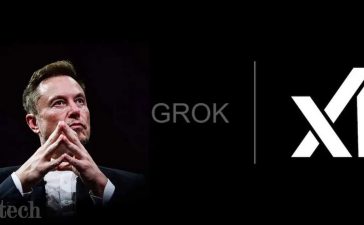Rachel Reeves was dealt a fresh blow on Monday when her attempt to intervene in a high-profile supreme court case and curb a potential £44bn bill for lenders caught up in the car loan commissions scandal was rejected.
Judges at the supreme court rejected the chancellor’s application, lodged last month, in which she urged them to avoid handing “windfall” compensation to borrowers harmed by allegedly secret commission payouts to car dealers that arranged the loans.
The news weighed on lenders’ share prices, which had soared after the Treasury’s intervention amid hopes that it would reduce their potential compensation bill. Shares in Lloyds and Close Brothers, two of the biggest providers of motor finance in the UK, fell as much as 3.8% and 8.5% on Monday afternoon.
Reeves had tried to intervene after pressure from lenders, who have claimed that a massive compensation bill could disrupt the motor finance market. The chancellor was later forced to deny that she had caved in to lobbying by the financial sector or that she was working against consumer interests.
“There is nothing pro-consumer about making it harder for people to buy an affordable car for their family. That would be bad for working families,” Reeves told reporters on the sidelines of the World Economic Forum in Davos, Switzerland, last month.
Lobby groups have warned that huge payouts over the scandal – which some analysts say could rival the payment protection insurance (PPI) mis-selling saga and collectively cost lenders up to £44bn – could push lenders out of business, force them to offer fewer loans or raise interest rates to cover their bills.
The scandal ballooned after a court of appeal judgment in October, which vastly expanded a Financial Conduct Authority (FCA) investigation into motor finance commissions. The ruling determined that paying a “secret” commission to car dealers, who had arranged the loans without disclosing the sum and terms of that commission to borrowers, was unlawful.
Close Brothers and FirstRand are hoping to overturn that case at the supreme court in a hearing from 1 to 3 April.
Gary Greenwood, a banking analyst at Shore Capital, said news of the Treasury’s failed intervention would “come as a disappointment to the market”.
“Ultimately, the situation and potential outcome remains subject to significant uncertainty and, although the mood music had arguably been improving, this news highlights that the process will be far from straightforward in its resolution,” he said. “We hope that a common sense ruling can eventually be reached that punishes those that deserve to be punished while sparing those that do not.”
The supreme court on Monday also rejected separate intervention attempts by the customer campaign group Consumer Voice, as well as the Financing and Leasing Association (FLA) lobby group, which represents car lenders ranging from large high street banks such as Barclays to the finance arms of manufacturers such as Ford and Volkswagen.
The City regulator, the Financial Conduct Authority, will be allowed to take part in the case. The National Franchised Dealers Association (NFDA), which represents car dealerships, has also been granted the right to intervene.
Alex Neill, a co-founder of Consumer Voice, said the decision to reject its attempted intervention was “extremely disappointing”.
She added: “An overwhelming majority of car finance customers have told us they are concerned about the practice of dealers being paid commission. And it’s little wonder, as people trust their car dealer to act in their best interests when arranging finance. Yet, this trust is clearly being abused by some dealers in the market.”
The Treasury and NFDA were contacted for comment.











